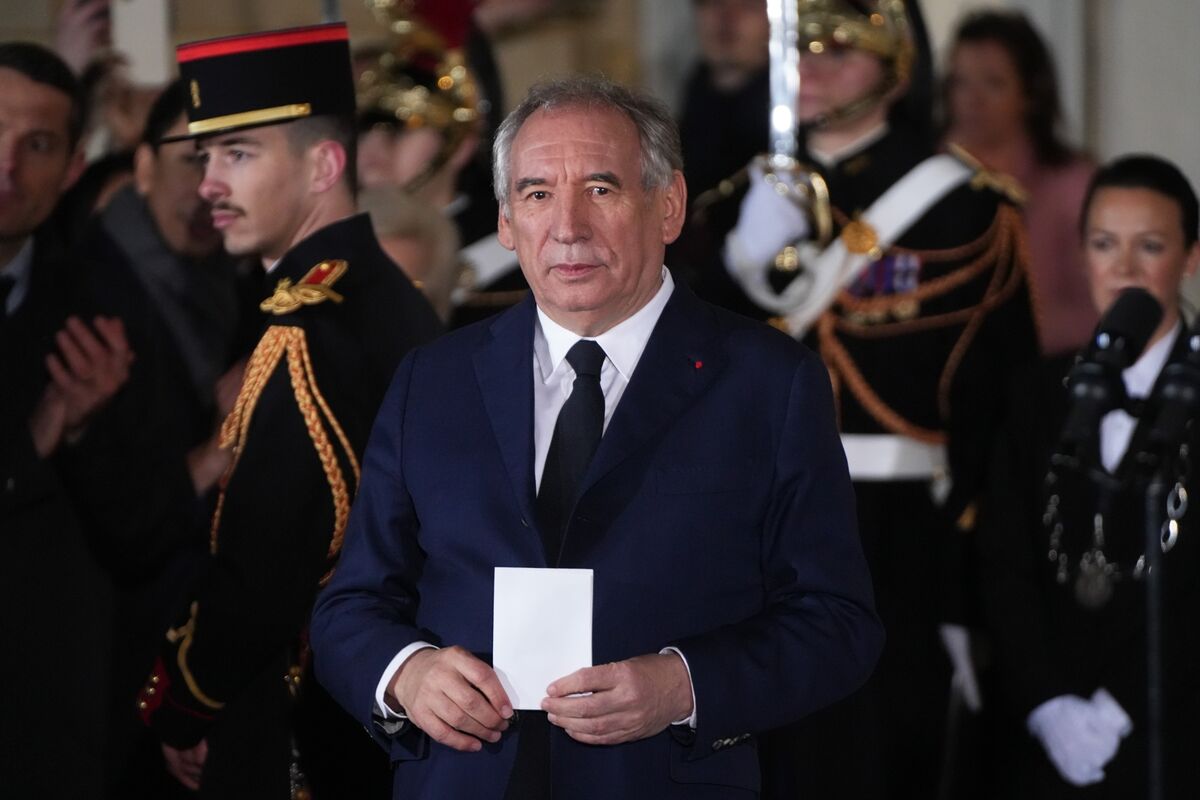After a week of political chaos following the ousting of Michel Barnier, Emmanuel Macron chose François Bayrou of the Democratic Movement party to be the next prime minister of France, the country’s fourth in a year. Bayrou is a long-term centrist ally of the French president who will be called upon to help restore confidence in a government that has been fractured by political divides. Tensions culminated last week in a dispute over the budget, when National Rally leader Marine Le Pen allied with a left-wing coalition of parties last week to push through a vote of no-confidence in Barnier. Investors are watching political moves in France closely, after recent upheavals have caused temporary selloffs of French assets, and the bond spread between French 10-year rates and their German counterparts grew to the highest since 2012 last month. Bayrou now has the tall order of quickly rewriting a budget that can appease markets – yet also with enough concessions to garner the support of different parties.
The UK economy contracted for the second month in a row in October as people reacted to a painful budget from the new government – putting its pledge to grow the economy at risk after only a few months. GDP fell 0.1% after another 0.1% in September, with forecasters saying the British economy is at risk of shrinking in the fourth quarter overall. Other economic challenges for the government include the wafer-thin fiscal room left by Chancellor Rachel Reeves, which became even trickier after borrowing costs rose last month.


